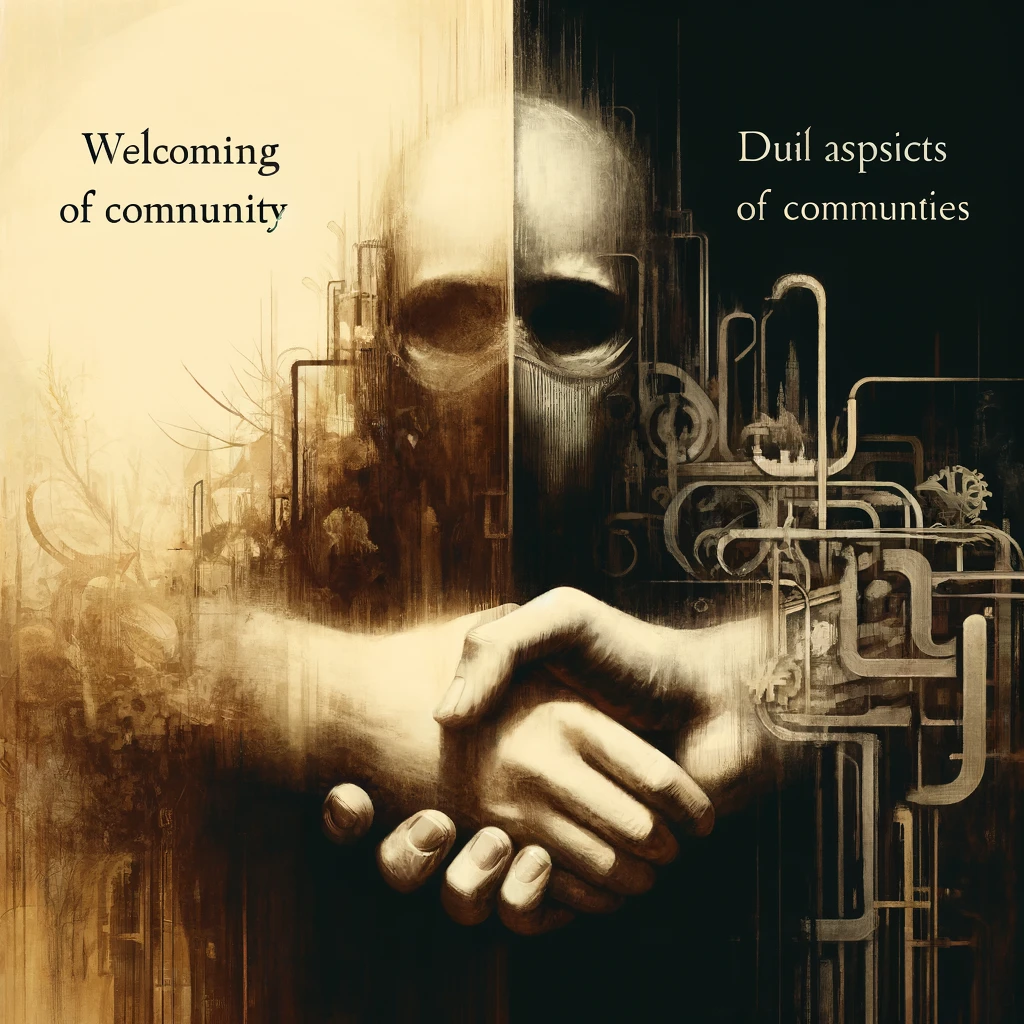Your cart is currently empty!

Derangement
if we can’t see these behaviours in ourselves, how would we describe them in other people
Compulsive helpers understand ‘derangement’ to mean that things have not been arranged very well. We then set about sorting them out and putting things right.
To apply the word ‘derangement’ to our own state of mind, would be something we are extremely reluctant to contemplate.
We are totally sane. We think clearly. We feel compassionately. We act in a principled manner. We are certainly not deranged, insane, in any way.
Yet how else would we describe our compulsive helping?
We have a sense of compulsion to make the world a better place. That seems unchallengeable until it is pointed out to us, painfully at times, that maybe the world in general prefers to be as it is.
And maybe some people in particular, don’t want to change according to our grand design and master plan.
We would find it highly offensive if we were to be described as interfering busybodies. Yet what else typifies compulsive helping when we are on a crusade to change other people’s lives, whether or not we are asked to do so?
And how else, other than insane, would we describe our disregard of our own wishes, needs and even safety?
And if we can’t see these behaviours in ourselves, how would we describe them in other people? Courageous? Virtuous? Principled? Or nuts?
Coming to challenge our deranged nature is as challenging for us as it is for any other addict.
Yet this is what we have to do if we are to live happily, creatively and constructively – especially as we put our lives together again after the shattering caused by coronavirus – and if we are to learn how to be genuinely helpful to others and to ourselves.
We learn to allow other competent people to care for themselves. And we do the same for ourselves.





Leave a Reply